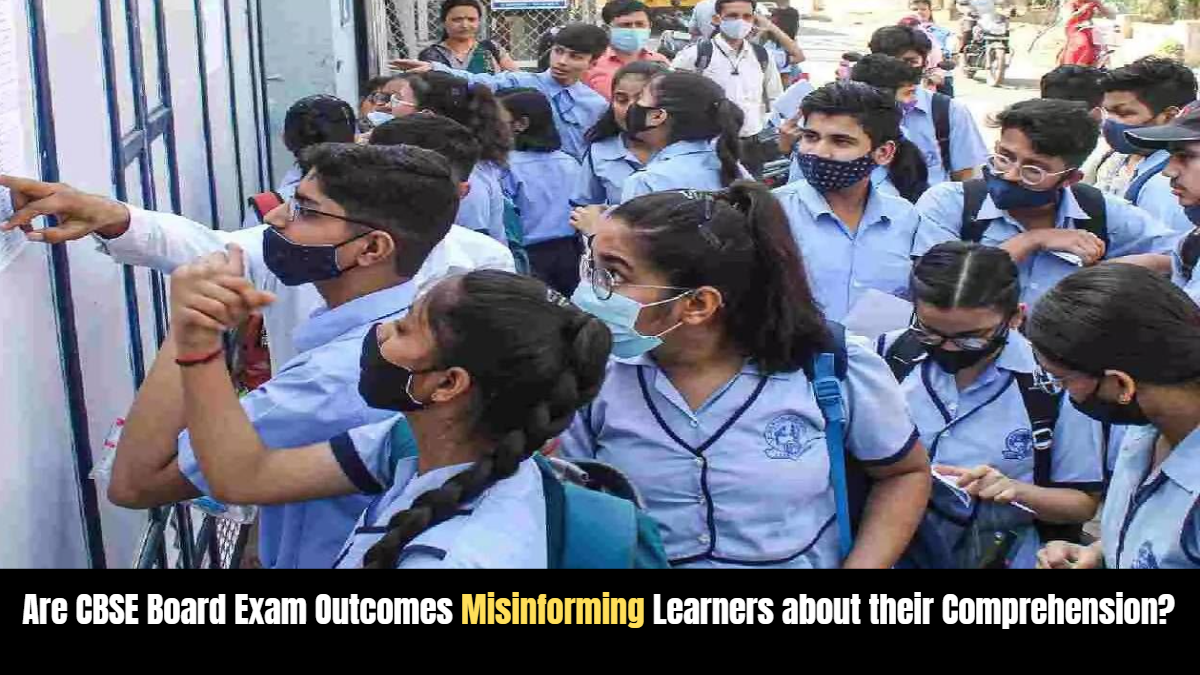
Are CBSE Board Exam Outcome Misinforming Learners about their Comprehension?
The recently released CBSE board Exam results 2023 for Classes 10 and 12 indicate an exceptionally high percentage of students scoring above 90%. Although initially this may seem like a remarkable achievement, one must consider whether these impressive performances exaggerate the actual understanding of the subject.
This article looks into the implications of this situation and examines the urgent requirement for educational reforms.
In the past ten years, there has been a marked growth of students attaining grades higher than 90% or 95% on CBSE Class 12 exams. Taking into account the unique circumstances of the pandemic, where tests were not conducted as per usual, should be considered.
Quality of Education under Scrutiny
Students may take pride in high scores, but they raise doubts about the level of education being given. Experts suggest that these grades might not depict real knowledge or comprehension of the subject, but rather imply grade inflation – when instructors grant students higher grades than what they actually earned.
The CBSE Marking System
The CBSE marking system is strict, and samples provided in exam papers show that students can achieve all marks by diligently executing the steps given in NCERT textbooks. But this approach might not always assess actual understanding or creativity.
Misconception of Knowledge Level
A large amount of students achieving high marks could lead to a misunderstanding of their level of knowledge. This can have serious repercussions once they embark on higher education or join the job market, which requires practical skills and analytical thinking. Therefore, holding students to demanding standards is absolutely important so that they can face the challenge of the international job market.
Positive Steps by CBSE
CBSE has taken productive steps to combat some of these issues. To decrease undesirable competition and mental health stress, they have terminated the production of merit lists for toppers. Rather than offering divisions, the board acknowledges the top 0.1% of learners with a certification of merit.
The Need for Comprehensive Education Reforms
The rise in high achievers highlights the pressing necessity of comprehensive reforms in the Indian education system.
In order to move away from an emphasis on just recording good grades, there should be a greater commitment to providing quality schooling that encourages authentic learning and critical analysis. We need fundamental reform, which includes revising the curriculum, better teacher preparation, and developing an overall strategy for education that aligns with India’s National Education Policy.
Students often celebrate high marks in CBSE board exam, but it is important to consider if they accurately gauge students’ knowledge and comprehension.
The increase of those who achieve high scores raises doubts about the quality of education and the requirement for comprehensive reform. It is essential to prioritize real learning results and provide pupils with the required abilities for their future pursuits.
Only then can we guarantee an effective education system that sets up students for triumph in a world that is continually changing.


